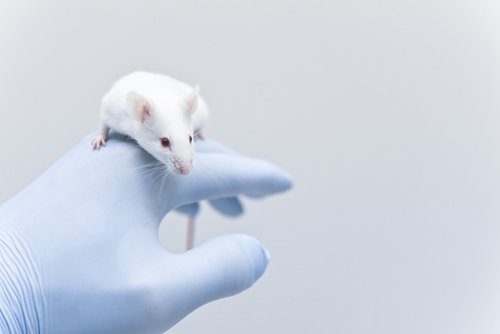NKTR-358 Bolsters T-cells’ Response to Autoimmune Disorders Such as Lupus, Study Shows
Written by |

NKTR-358 bolsters T-cells’ ability to respond to immune inflammatory disorders such as lupus, according to a preclinical-trial study.
Nektar Therapeutics said its therapy increased levels of a subset of T-cells known as regulatory T-cells and reduced inflammation. It also generated fewer side effects than immunosuppressant drugs.
The company presented the findings at the World Congress on Inflammation in London, which started July 8 and ended July 12. The presentation was titled “NKTR-358: a selective, first-in-class IL-2 pathway agonist which increases the number and suppressive function of regulatory T cells for the treatment of immune inflammatory disorders.”
NKTR-358 targets the interleukin-2 (IL-2) receptor complex on the surface of regulatory T-cells, which are also known as Tregs. Those cells are responsible for keeping immune system responses under control. Their levels are lower, and they are less active, in several autoimmune disorders.
Researchers said NKTR-358 stimulated the growth and activation of Tregs, restoring their levels and correcting an imbalance in the mechanisms underlying autoimmune disorders.
A single injection ramped up Tregs’ activity in mice for seven to 10 days and in primates for more than 14 days, researchers said.
The team also said that NKTR-358 significantly suppressed inflammatory responses in mice with hypersensitive skin, and restored a more normal immune response in the animals. Results were similar in primates, researchers said.
In another experiment, the team administered NKTR-358 to mice with lupus for more than 12 weeks. The animals’ Treg numbers rose for a sustained period, and they had better kidney function.
“These studies show that NKTR-358 increases the suppressive capacity and prolongs activation and proliferation of regulatory T-cells with limited effects on conventional T-cells in order to address the imbalance found in many autoimmune diseases,” Dr. Jonathan Zalevsky, a senior vice president of Nektar Therapeutics, said in a press release.
“NKTR-358 also demonstrated suppression of antigen-driven inflammation in multiple preclinical models, including systemic lupus erythematosus,” he said. “We are very excited about NKTR-358’s potential as a resolution therapy in autoimmune disease.”
Nektar is evaluating NKTR-358 in a Phase 1 clinical trial with healthy volunteers. The main objective of the study is to determine an optimal dose for future trials. Researchers will also assess NKTR-358’s safety, stability and effectiveness.
The company plans an ascending-dose trial of the therapy in lupus patients starting in the second half of 2017.




